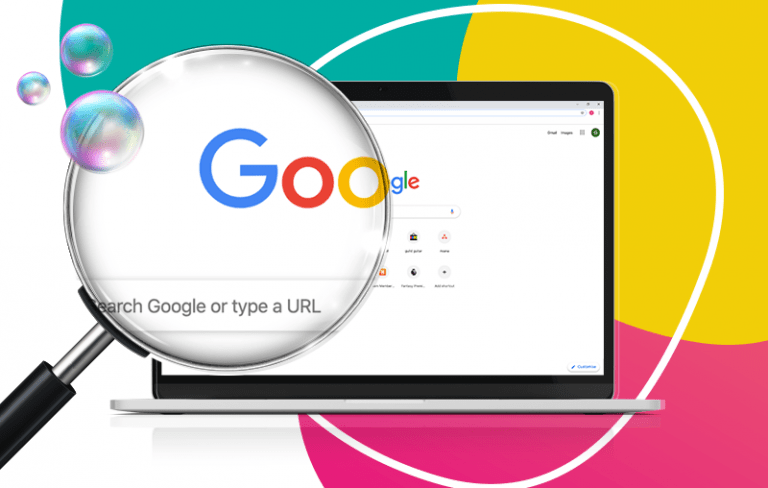E-commerce SEO is the process of optimising an online store to improve its visibility in search engine results, making it easier for potential customers to find your products. This involves optimising product pages, category pages, and other content with relevant keywords, and improving site structure and navigation. Without optimising for e-commerce SEO, your site could be missing out on traffic from potential customers.
E-commerce SEO Agency
What is E-commerce SEO?
~ Strategic ~ Optimised ~ Competitive ~
Standout E-commerce SEO Services
Keyword Research
We’ll use our library of keyword research tools to uncover your online store’s highest-value, revenue-driving keywords across product lines and categories.
Product Page Optimisation
Individual product pages are prime revenue drivers, so ensuring they’re fully optimised is of paramount importance. Our e-commerce SEO specialists will optimise titles, descriptions, headers, images, internal linking, schema markup, and other elements to turn your products into conversion machines!
Category Page Optimisation
Beyond products, we’ll optimise and elevate your category/subcategory pages with tight keyword targeting, unique content, strategic internal linking, and more.
Content Strategy
Whether it’s buyer guides, product comparison content or How to… blogs, our content strategy will be laser-focussed to reach potential customers and drive organic traffic to your site from intentional searches.
E-commerce Technical SEO
The technical side of SEO is particularly important for e-commerce sites because of their large number of product listings, reviews and other forms of content, so we’ll keep a close eye on the technical health of your site, blitzing broken links and guarding against duplicate content all while optimising your URL structures, schema markup and site architecture.
E-commerce SEO Checklist
- Optimising product titles, descriptions and images for your target keywords.
- Implementing structured data markup (for reviews, pricing etc).
- Optimising category and subcategory pages with unique content.
- Ensuring a mobile-friendly design and fast page load times.
- Fixing any crawl errors, duplicate content issues and other Technical SEO problems.
- Setting up Google Analytics 4’s enhanced e-commerce tracking.
- Continuously updating product data and content.
- Monitoring high-value keywords, rankings, and organic traffic.
- And much, much more!
- Crawlers like Screaming Frog Spider will be used to audit your site for issues.
- Keyword research tools for researching product and buyer queries.
- Google Search Console for data monitoring, testing and keeping an eye on visibility.
- Heat mapping and UX analytics tools to analyse customer behaviour.
- App integrations and extensions from Shopify, Woocommerce etc.
Our Client Successes
Featured Case Studies

The AA is the UK's most trusted brand. When it turned to us to launch a new mobile tyre fitting service, we dug deep with our research.
Soap Media’s bespoke eCommerce site is an impeccably designed platform which provides a strong user experience and a modern design
Dave Jones | IT Manager
Get Your Consultation
OUR E-COMMERCE SEO SERVICES OPTIMISE YOUR ONLINE STORE FOR MAXIMUM SEARCH VISIBILITY, TRAFFIC AND REVENUE.
- 1Audit your current e-commerce SEO statusWe'll start by thoroughly auditing your online store's current SEO performance and technical health, so we can pinpoint areas of opportunity, identify issues and lay the strategic foundation.
- 2Optimise for maximum discoverabilityOur team will then implement a series of on-page optimisations to boost the visibility of your product listings, category pages, and other revenue-driving content.
- 3Deploy an insights driven content strategyYou’ll receive a customised content strategy that’s focused on creating optimised content like buyer guides, product comparisons and other high-value resources to attract visitors who are at the point of purchase.

By submitting this form you agree to our privacy policy.
E-commerce SEO FAQ’s
Traditional SEO focuses on optimising general content, blogs, and service pages, whereas e-commerce SEO specifically targets product and category pages. It involves strategies such as optimising product descriptions with relevant keywords, ensuring high-quality images with alt text, and implementing user-friendly URL structures for products. There’s also a large emphasis on managing inventories and integrating customer reviews, all to improve visibility and drive targeted traffic to your site, with the intention of growing purchases.
Key factors include the quality and optimisation of product descriptions, the use of relevant keywords, and the presence of unique, high-quality content. Technical elements such as site speed, mobile-friendliness, and secure transactions (HTTPS) are extremely important as well. Additionally, user experience factors like intuitive site navigation, easy-to-use category structures, and internal linking can significantly impact rankings. Other important factors include obtaining backlinks from reputable sources and managing customer reviews and ratings.
At Soap Media, we track many key performance indicators (KPIs) to measure the success of our clients’ e-commerce campaigns. These KPIs include organic traffic, which shows the number of visitors coming to your site through search engines, and search engine rankings for targeted keywords, indicating how well your products are positioned in search results. We also monitor conversion rates, which reveal how many visitors make purchases, and overall sales revenue that’s generated from organic search. Other important metrics include bounce rate, average session duration and pages per session, which help us assess user engagement and experience.


